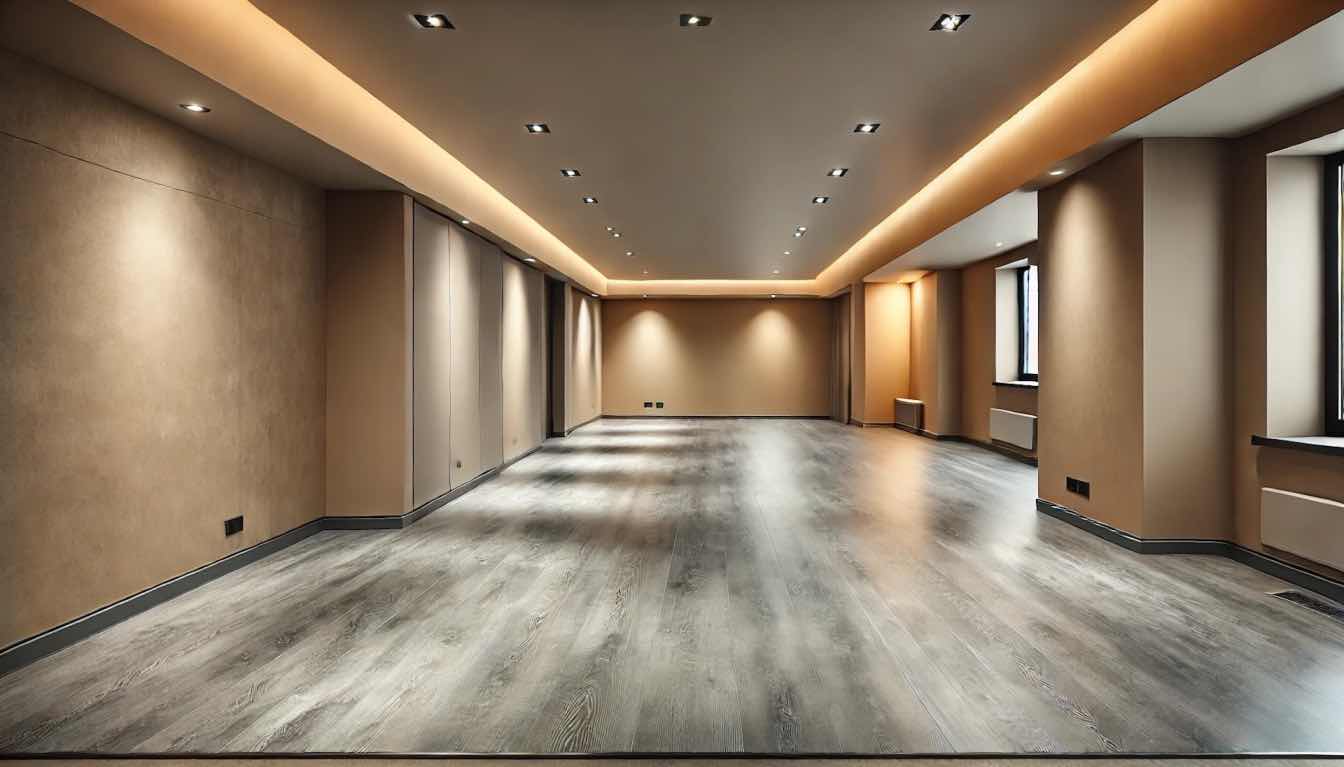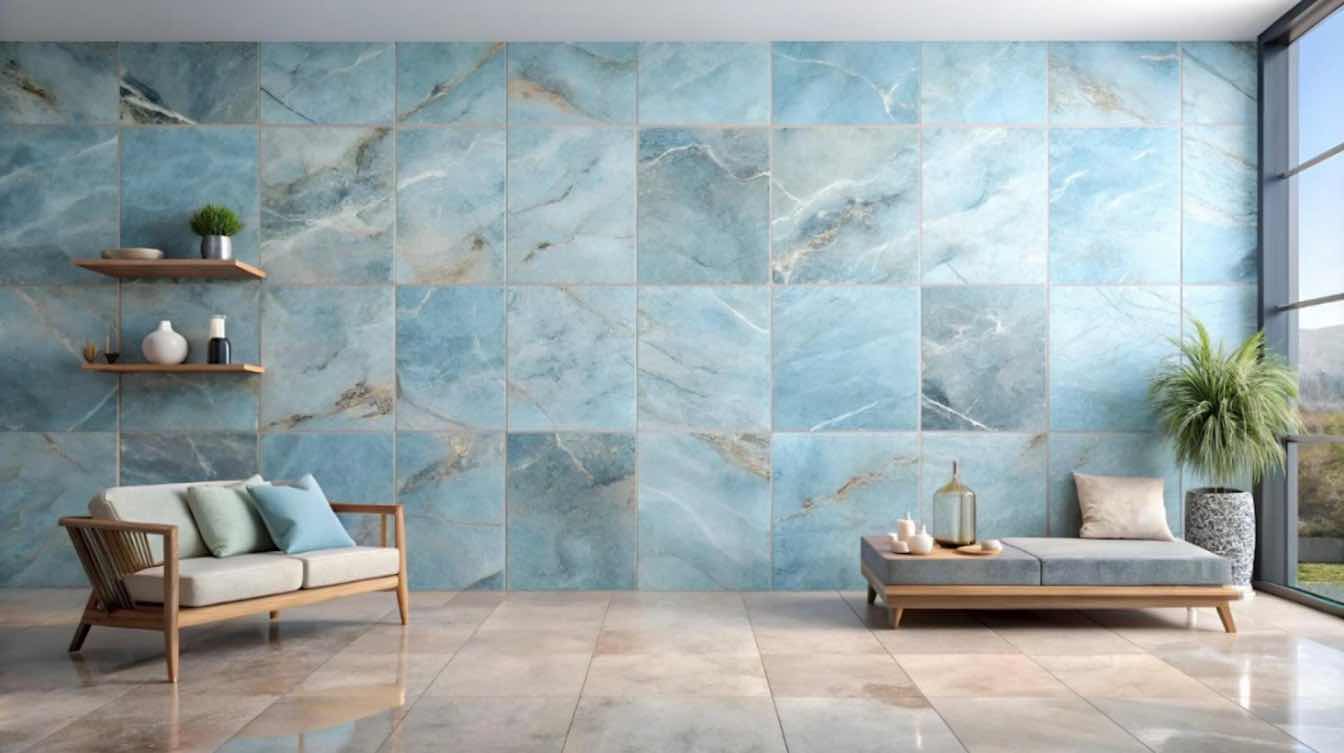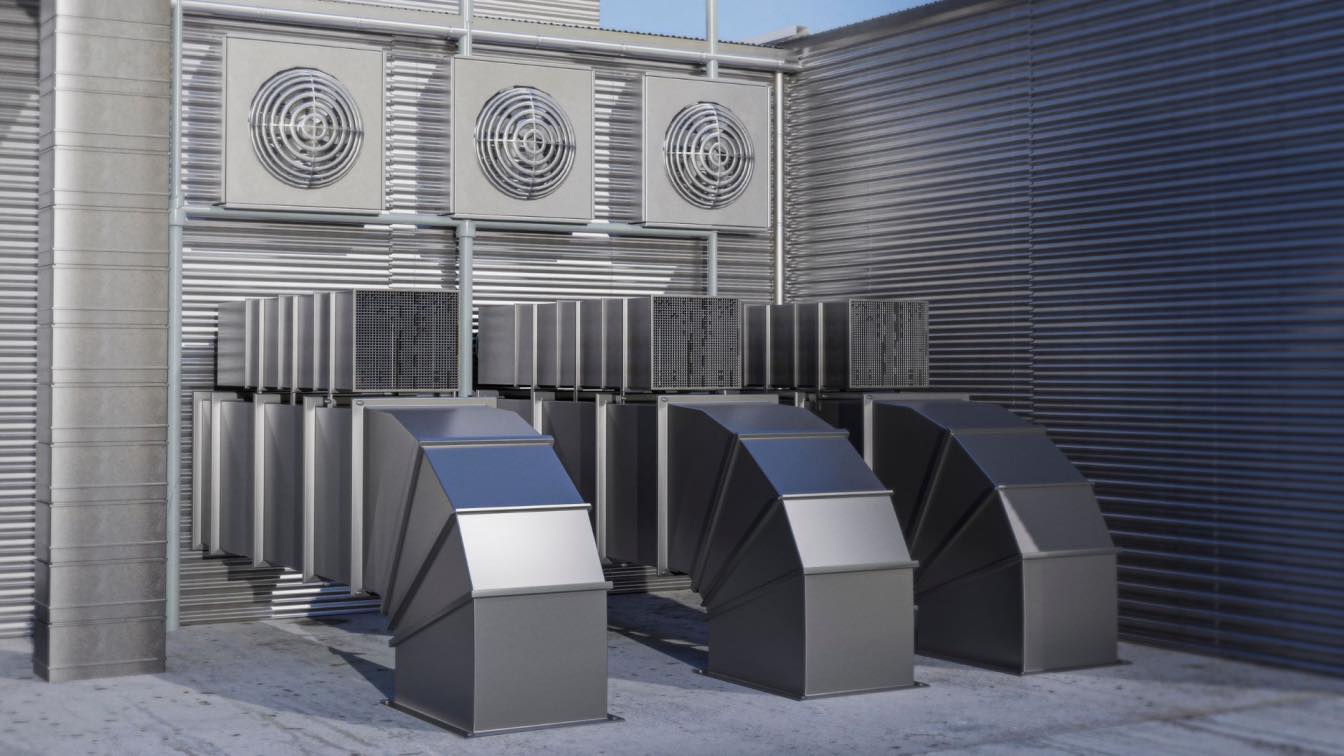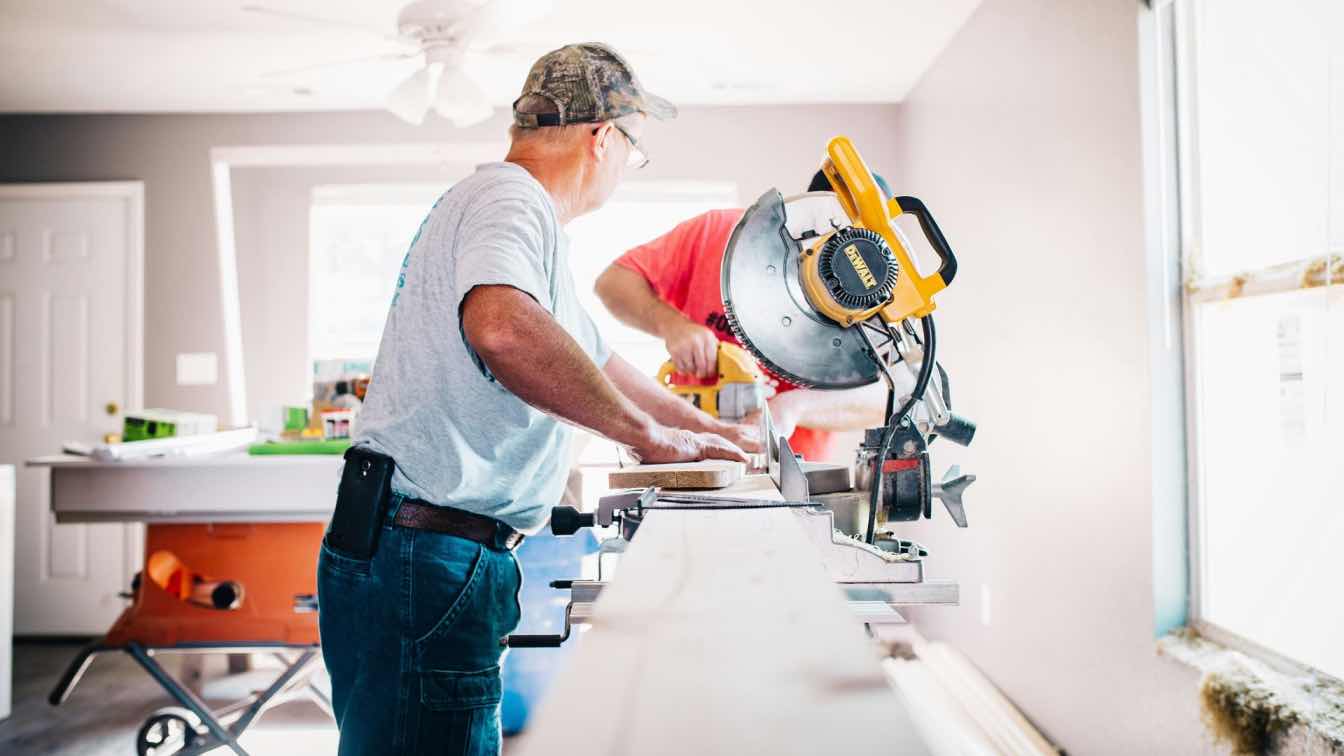Designing a basement involves more than just choosing furniture and wall colors. The flooring is a crucial aspect that impacts the aesthetics and functionality of the space.
Whether it’s a cozy retreat or a bustling entertainment area, the right flooring makes a significant difference. Explore the pros and cons of different basement flooring to make informed decisions about your next project.
Concrete
Concrete flooring offers a clean, industrial look that’s gaining popularity in modern home designs. It’s incredibly durable and withstands heavy foot traffic, making it ideal for basements.
Additionally, concrete is resistant to moisture and sealable, giving homeowners an opportunity to enhance the flooring’s appearance. However, it is cold underfoot, so incorporating area rugs or underfloor heating might be necessary for the sake of comfort.
Carpet
Carpet adds warmth and coziness, transforming a basement into a welcoming space. This flooring option is available in various textures and colors, allowing creative design possibilities. A carpeted basement feels like an additional space for relaxation, making it a great den or spare bedroom.
On the downside, carpet is susceptible to moisture damage, which leads to mold growth and more dirt collection. It’s essential to choose moisture-resistant options or ensure that the basement has reliable waterproofing before installation.
Hardwood
Hardwood flooring brings a timeless elegance to a basement space, offering a natural and inviting atmosphere. One of the most notable advantages of hardwood flooring its variety of aesthetic options, including cherry wood, hickory hardwood, and many more.
However, hardwood requires careful consideration in basement environments, which are prone to moisture issues that cause wood to warp or buckle. With proper care, hardwood is a stunning and enduring choice for any basement design.
Vinyl
Vinyl flooring is an excellent choice for basement spaces due to its water-resistant properties and various design options. It offers a practical, stylish solution that mimics high-end materials such as wood or stone without the hefty price tag.
Vinyl is also a low-maintenance option, as it’s resistant to stains and easy to clean, making it perfect for areas that may see spills or heavy use. Its durability ensures that it withstands foot traffic and everyday wear and tear. Despite its advantages, vinyl is vulnerable to scratches and dents over time, so it is essential to select a high-quality product that includes a protective top layer.
Epoxy
Epoxy flooring is an excellent basement choice, offering a seamless and resilient surface that stands up well to wear and tear. Its resistance to chemicals and stains is one of the many reasons to choose epoxy flooring for your basement.
The long-lasting resilience and various colors and patterns make it an excellent option to enhance the function and look of your basement. However, installation typically requires a professional application to ensure a smooth and durable finish.
Choosing the right basement flooring involves balancing aesthetics, functionality, and budget. While there are numerous pros and cons of each basement flooring type, the decision ultimately depends on the space’s specific needs and the homeowner’s preferences. Create beautiful and functional space in your next project with a flooring option that provides comfort and style.





